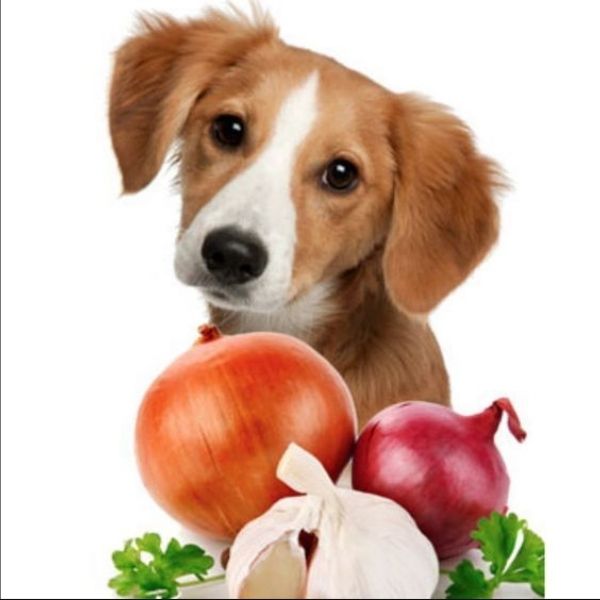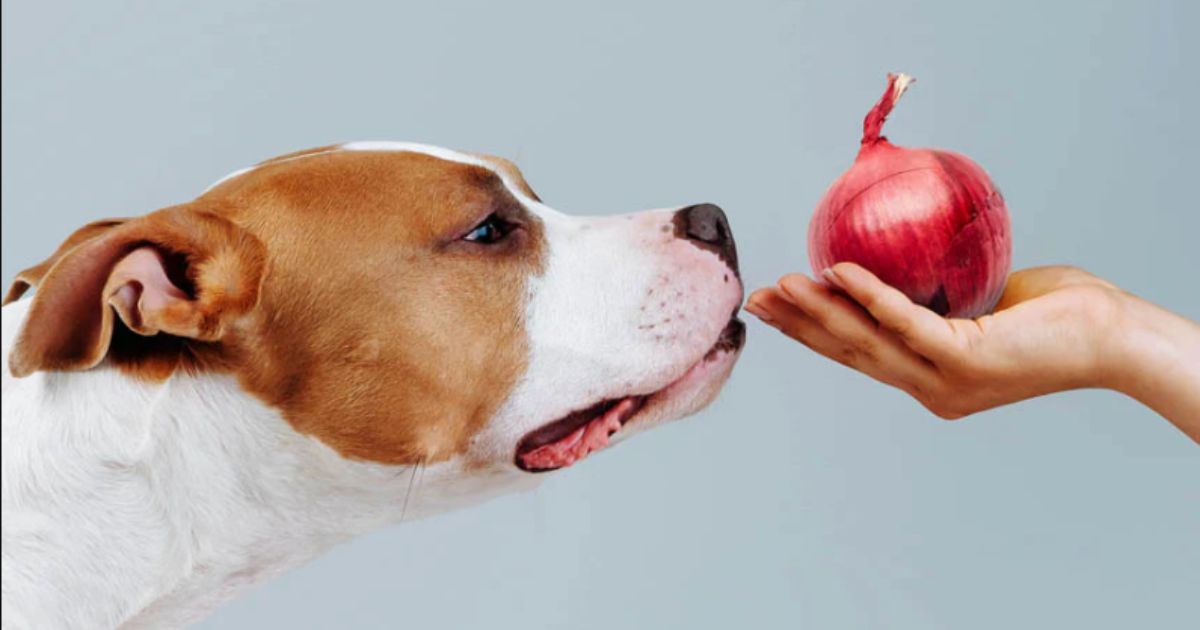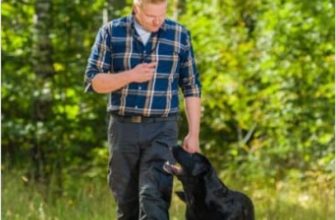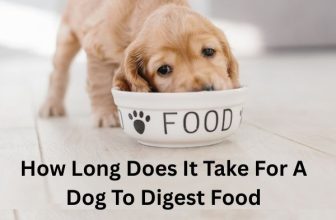
Dogs are part of the family, and it’s only natural to want to share the table with a family member. But with onions, the answer is straightforward and easy — no form of onions should be fed to dogs. As popular as onions are in many kitchens and in a variety of recipes, they are also bad for your dog and can be particularly harmful to your pup’s health. This post covers why onions can be harmful to dogs, Can Dogs Eat Onions, the science of onion toxicity, what symptoms to look out for, what to do if you think your dog has eaten onions, and frequently asked questions.
Why Are Onions Toxic to Dogs?
Onions are part of the Allium family, which also includes garlic, leeks, chives, and shallots. Every member of this family carries toxins for dogs. The main offender is a compound known as N-propyl disulfide. This toxic substance induces oxidative damage to your dog’s red blood cells, a condition that can be fatal, called hemolytic anemia. It is in this state that red blood cells are destroyed faster than the body can replace them, leading to an oxygen supply shortage and potentially lethal complications.
Due to the absence in the enzymes that humans possess, dogs can’t safely digest these substances. This puts them at greater risk of toxicosis from onions, even in tiny quantities.
How Much Onion Is Dangerous?
The toxic amount of onion is quite small. 0.5% of a dog’s body weight in onions can be toxic. With a 20-pound (9 kg) dog, that’s approximately one small onion. All onions are poisonous, such as:
- Raw onions
- Cooked onions
- Onion powder
- Dehydrated or dried onions
- Onion-containing foods (such as soups, sauces and baby food).
Onion powder and dried onions are particularly problematic because they are more concentrated than fresh onions.
What are the symptoms of onion poisoning in dogs
Signs can be seen as early as 1 day and up to few days post-ingestion. The mild symptoms are the result of gastrointestinal distress, and the more severe symptoms are related to anemia. Watch for:
- Vomiting and diarrhea
- Abdominal pain
- Loss of appetite
- Lethargy or weakness
- Pale gums or a yellow color to the skin and eyes (jaundice)
- Rapid or elevated heart rate
- Labored breathing
- Urine that is reddish or brown in color
- Falling or loss of consciousness in the most serious instances.
Certain breeds, like the Akita and Shiba Inu, are particularly susceptible to onion toxicosis.

What if a Dog Eats Onions?
The N-propyl disulfide then causes the red blood cells to burst when a dog eats onions. This results in hemolytic anemia, which can be life-threatening if not promptly treated. Severity is dose dependent, as well as related to the size of the dog and individual sensitivities.
Even repeated small exposure over time has the potential to accumulate into toxicity. There is no part of an onion that is safe for dog, and cooking the food does not make it any less toxic.
What to Do if Your Dog Ate Onions
If you believe your dog has ingested onions, call your vet right away. Do not try to treat at home or make the pet vomit unless directed by a veterinarian. Here’s what to do:
- Size it up: Estimate how much onion your dog probably ate and when.
- Call your vet: Be ready to provide details about your dog’s size, breed and the amount/form of onion ingested.
- Requests Follow your vet’s advice: Your pet may need to be induced to vomit (if the ingestion was recent), given activated charcoal, IV fluids and in severe cases, a blood transfusion.
THE EARLIER TREATMENT is initiated, the better the chances of making a complete recovery. With prompt veterinary care, most dogs do well; however, severe cases can be life-threatening if untreated.
Preventing Onion Toxicity
- Store onions and all Allium clan veg away.
- Always check the ingredient list on human foods you plan to share with your pup.
- Inform your family and guests of the dangers of feeding him table scraps.
- Keep retained doses in safe storage as it may cause accidental consumption.
Safe Alternatives
If you’d like to share veggies with your dog, choose healthful options that aren’t going to cause problems with her digestion, such as carrots, green beans or peas. These are unpalatable, but nutritious, without toxicity.
FAQs
Is it OK for dogs to eat cooked onions or onion powder?
No, cooking doesn’t make onions less poisonous. And in fact, onion powder is a lot more concentrated and potentially more toxic than fresh onions.
How quickly do dogs show symptoms of onion poisoning?
It can take 24 hours to one week for symptoms to appear and especially the signs of anemia.
What if my dog had just a little bit of onion?
Even the small amounts can prove harmful, especially to small breeds or those that eat it continuously. Always contact your vet if your dog has ingested ANY amount of onion.
Are other Allium vegetables (like garlic or leeks) hazardous too?
Yes. Dogster advises that garlic toxicosis has been noted in dogs after eating garlic, and that eating garlic, leeks, shallots, and chives will cause similar symptoms to those experienced if the dog has been exposed to methiopropamine. Garlic is even more dangerous than onions.
Onion Poisoning In Dogs Is there a cure for onion poisoning in dogs?
No specific antidote exists. Because no specific antidote exists, treatment involves addressing the toxin, treating the symptoms, and ensuring the dog recovers, including IV fluids, oxygen or blood transfusions in extreme circumstances.
Final Thought
Onions, a staple in so many homes, are highly toxic to dogs in any form. The best defense to protect your pet is to keep onions and related vegetables away from them and to never feed dogs any human foods that may contain these substances. If you suspect that your dog has consumed onions, do not wait—contact your vet immediately. However, with quick action and knowledge you will be able to ensure that your furry friend stays safe, healthy, and happy for many years to come.







